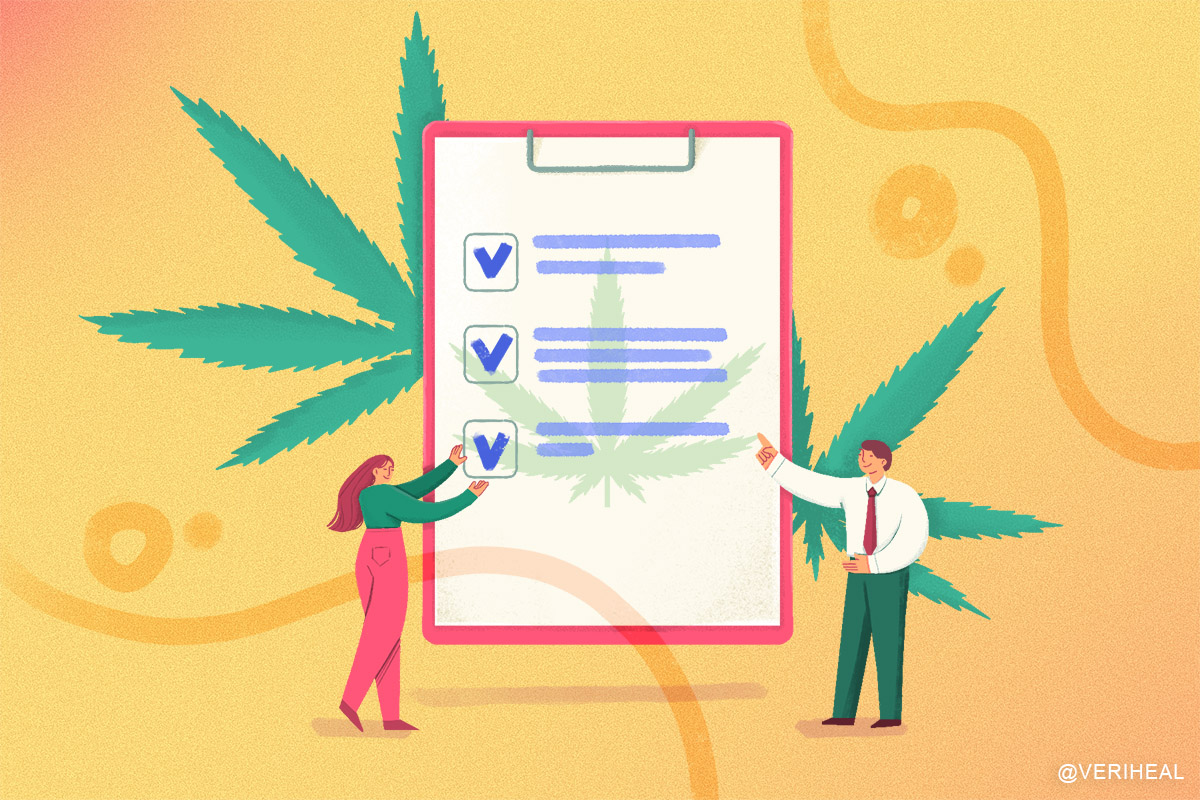For several decades now, hemp, psilocybin, and cannabis products, in general, have been frowned upon by the federal government. But times are changing, and leaders are now calling for revamped policies on psilocybin, hemp, and cannabis research for varying reasons.
Hemp Should Be Embraced as an Alternative to Plastics
According to reporting by Marijuana Moment, House Appropriations Committee leaders shed light on a few cannabis-related issues in the report for Commerce, Justice, Science, and Related Agencies (CSJ) that was released on June 27. Within the CSJ report, as well as within the text of an updated version of a spending report for the Department of Defense, the need to transition to more environmentally friendly plastic alternatives—such as industrial hemp—was referenced. The CSJ report stated the following:
“Alternatives to Plastics. – China remains the world’s largest producer of plastics and accounts for nearly 1/3 of global plastics. Consequently, The US remains the largest importer of Chinese made plastics. The committee recognizes that plastics are critical engineering materials for products ranging from food packaging and automobiles to medical devices. The committee understands the need for environmentally safe, bio-based, US alternatives. NIST is directed to report on such alternatives currently in use and the potential for new and expanded use of US alternatives, including hemp.”
The report also directed “the Secretary of Defense to submit a report to the Congressional Defense Committees not later than 180 days after the enactment of this act outlining the department’s efforts to increase domestic sourcing of these materials.” The Committee also stated that it “encourages the Department of Defense to lessen its dependency on Chinese plastic suppliers and transition to domestic materials, including hemp, when applicable.”
Cannabis Research Should Be Based on Real, Accessible Products
Government officials are always utilizing the “more research is needed” excuse for not pursuing cannabis reform, yet they seem to block cannabis research at every corner. Since 1968, the University of Mississippi has been the only licensed entity that could legally supply cannabis to medical researchers within the U.S. looking to pursue cannabinoid research.
The cannabis research material provided to researchers, such as Dr. Sue Sisley from the University of Mississippi, averages only 7% THC. In legal, regulated markets across the country, the average THC content in dried cannabis flower range anywhere from 10% to 30%. As we reported in 2019, the research material that Dr. Sue Sisley received for her study surrounding cannabis and PTSD was described as a “homogeneous green dust,” having no resemblance whatsoever to what is available for patients and consumers nationwide and in regulated markets.
In February 2021, a lawsuit was filed against the DEA for prohibiting access for others aside from the University of Mississippi to cultivate cannabis for research purposes. This lawsuit was filed by Lyle Craker, a professor at the University of Massachusetts at Amherst. At that time, media sources were also reporting that Lyle was not alone and that there were roughly 30 other similar lawsuits. Lyle has been seeking authorization to become a federally licensed cannabis cultivator since 2001.
Why You Should Get Your Medical Marijuana Card
Veriheal has satisfied millions of patients nationwide by giving them access to these benefits
- Larger purchase limits
- Peace of mind
- Enhanced legal protection
- Access to higher potency strains
- Save up to 25% on cannabis purchases
- Skip the line at the dispensary
The DEA stated that they were starting the process of approving additional cannabis cultivators back in 2016. The agency then released an announcement via their website in 2021 stating that they had sent memorandums of agreement (MOAs) to several manufacturers that had filed applications to become licensed to grow cannabis for research studies. This brought an end to the University of Mississippi’s five-decade reign over cannabis research material.
These new cultivators may have the chance to put their cannabis to the test in research studies moving forward, as the recent CJS report is calling for cannabis products that are in line with what consumers purchase from dispensaries to be utilized for research moving forward and made more widely available. The report reads:
“The Committee understands that the majority of Federal research on marijuana has been limited to a single strain of marijuana that is not fully representative of varieties used or commercially available across the country…The Committee emphasizes the need for research that encompasses the diversity, quality, and potency of products commonly available to patients or consumers in a State on a retail basis.”
Psilocybin’s Potential Benefits Should Be More Widely Researched
Like cannabis, psilocybin has been federally illegal for decades. However, in recent years, states and local municipalities have adopted measures allowing for the personal use and possession of psilocybin. The recent CSJ report calls on the creation and implementation of a Government Accountability Office, which will be responsible for the analysis of barriers to state, local, and tribal programs for the substance.
The GAO report should include information pertaining to the barriers the Controlled Substances Act presents for accessing the substance for medical use, as well as recommendations on how to remove said barriers. Psilocybin has been found through research to offer substantial benefits for many mental health conditions such as depression, migraines, PTSD, and much more.
Could hemp replace plastics? Yes, without a doubt, and it is exciting to see this option will be required to be explored. Do researchers need access to consistent market-quality cannabis for research? Yes, without a doubt. Should psilocybin be accessible, and should barriers surrounding it due to its federal illegality be removed? Yes, according to many. If we see all advancement surrounding all three of these issues due to these proposals, real progress will be on the way to being made!
Author, Share & Comments















